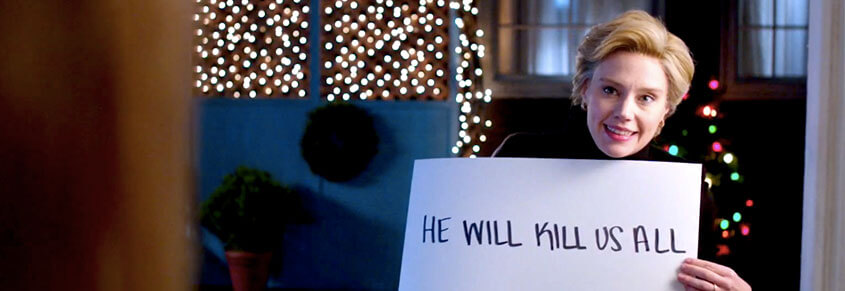Haters gonna hate, but in its first week, 'What Happened' has already sold over 300,000 copies. There's a reason for that.
This article was made possible because of the generous support of DAME members. We urgently need your help to keep publishing. Will you contribute just $5 a month to support our journalism?
Reactions to What Happened—the new book by former secretary of State and Democratic presidential nominee Hillary Clinton—have been as divisive as the 2016 presidential race itself. Clinton haters have embraced one more chance to tell her to please go away, while Clinton supporters are grasping one last source of comfort in a world that has gone utterly askew since the votes were tallied and Donald Trump was announced the electoral college victor.
Clinton’s explanation of what went wrong in her race—or, more accurately, in our American culture—is more of a soothing validation for Clinton fans than it is an offering of any new or original context for the surprising loss. But her book also contained a number of statements that would likely have female Clinton fans, and even some foes, nodding their heads along with the former First Lady as she deals with her disappointment, comes to grips with sexism and misogyny and puts her finger on everyday issues that affect most women at some point in their lives.
1) How to fake it in public.
Since November, more than two dozen women—of all ages, but mostly in their twenties—had approached me in restaurants, theaters and stores to apologize for not voting or not doing more to help my campaign. I responded with forced smiles and tight nods.
2) The need to dress to combat male gaze
I did this because I like pantsuits. They made me feel professional and ready to go. Plus they helped me avoid the peril of being photographed up my skirt while sitting on a stage or climbing stairs, both of which happened to me as First Lady … A uniform was also an anti-distraction technique: since there wasn’t much to say or report on what I wore, maybe people would focus on what I was saying instead.
3) The election left us with emotional triggers
To this day I can’t hear “Fight Song,” “Roar,” or “Rise Up without getting emotional.
4) Sexism is the invisible barrier that presses us all into our “place”
Sexism is all the big and little ways that society draws a box around women and says, “You stay in there.” Don’t complain because nice girls don’t do that. Don’t try to be something women shouldn’t be. Don’t wear that, don’t go there, don’t think that, don’t earn too much. It’s not right somehow, we can’t explain why, stop asking.
5) Misogyny has empowered the anonymous to attack women simply for being in public space.
Both sexism and misogyny are endemic in America. If you need convincing, just look at YouTube comments or Twitter replies when a woman dares to voice a political opinion or even just share an anecdote from her own lived experience. People hiding in the shadows step forward just far enough to rip her apart.
6) Women are always the default caretakers and are expected to offer additional emotional labor.
It happened at work, too. I make sure everyone has eaten, that my staff is wearing sunscreen if we’re at an event in the baking sun. When reporters who traveled abroad with us got sick or injured I made sure they had ginger ale and crackers and would send the State Department doctor to their room with Cipro and anti-nausea drugs. None of this is unusual. I’ve seen women CEOs serve coffee at meetings, women heads of state walk tissues over to a sneezing staffer. It’s also not new.
7) Motherhood itself isn’t always that fulfilling.
I loved motherhood passionately. But there were days when it felt—there’s no other way to say this—very, very boring. I would read the same children’s book twenty times in a row and feel duller. My colleagues were doing interesting, challenging work and I was at home singing “Itsy Bitsy Spider.”
8) Manspreaders are everywhere
When I sat with [Vladimir]Putin in meetings, he looked more like one of those guys on the subway who imperiously spread their legs wide, encroaching on everyone else’s space…
9) It’s the internet that is crazy, not you.
If you feel like it’s gotten tougher to separate out fringe voices from credible journalists, especially online, or you find yourself arguing more and more with people over what should be knowable facts, you’re not going crazy.
10) Still not going anywhere—whether you like it or not.
I know there are a lot of people—including a lot of Democrats—who are not eager to see me leading such an effort. They feel burned by my defeat, tired of defending me against relentless right-wing attacks, and ready for new leaders to emerge … But if Al Gore, John Kerry, John McCain, and Mitt Romney can find positive ways to contribute after their own election defeats, so can I.
